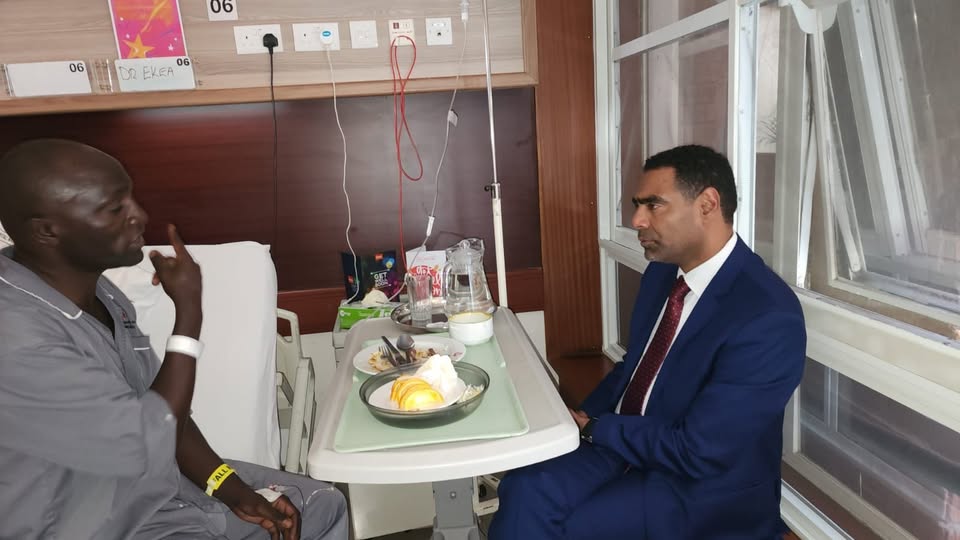The recent health survey conducted by the Ghana Statistical Service (GSS) has raised concerns.
Ghana now falls under the category of fast-track HIV infection countries.
Disturbingly, the 2022 national and sub-national HIV/AIDS estimates and projections revealed worrying numbers.
A total of 16,574 new HIV infections in the country, with 10,927 cases among females and 5,647 among males.

READ ALSO: “I will continue to age gracefully and unapologetically” Esther Musila, 53, tells off critics
He further shed light on the driving factors behind the spread.
Pointing to individuals engaged in same-sex marriages—actions considered illegal in Ghana.
He emphasized that the criminalization of such activities has prevented affected individuals from seeking essential treatment.
“The people who contribute a significant amount of new infections in the country are criminalized; men who have sex with men, sex workers, people who inject drugs, their activities are criminal in the country,” Dr. Atuahene emphasized.

Ghana’s inclusion in the HIV prevention fast-track initiative stems from the nation grappling with a substantial burden of new HIV infections.
READ ALSO: Governor Wavinya Ndeti orders probe after MCA was assaulted by ‘kanjo’ askaris
Dr. Atuahene stressed the necessity of innovative strategies to address and prevent HIV within these at-risk populations to effectively combat the escalating crisis.
“To tackle prevention, we need to also focus on the at-risk populations,” Dr. Atuahene asserted, highlighting the importance of targeted interventions tailored to the specific needs of these groups.
Ghana’s Crisis
Further, as the nation grapples with the soaring HIV crisis. Dr. Atuahene revealed plans to engage influential figures in society to bolster awareness about HIV and AIDS.
He emphasized a critical gap in the lack of participation by high-profile Ghanaians living with HIV in anti-stigma campaigns.
Involving business executives, celebrities, sports personalities, traditional authorities, and even priests.
According to Dr. Atuahene, this could contribute to a reduction in stigma and discrimination associated with HIV.
The urgency of the situation demands swift and targeted action to stem the rising tide of new HIV infections and prioritize the well-being of at-risk populations in Ghana.










